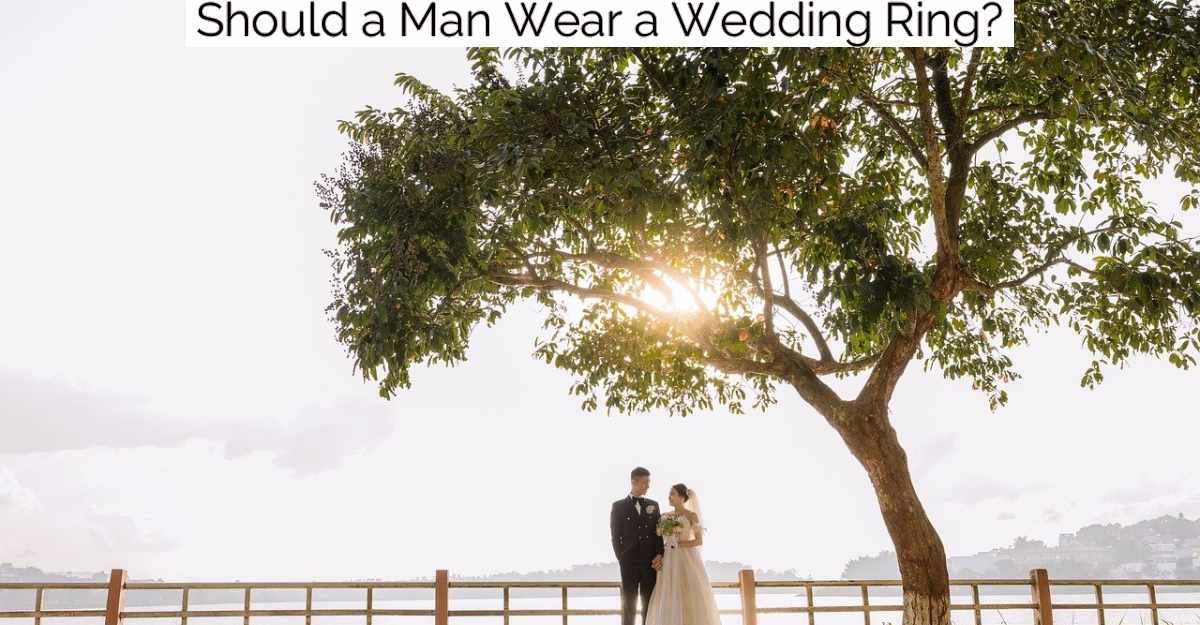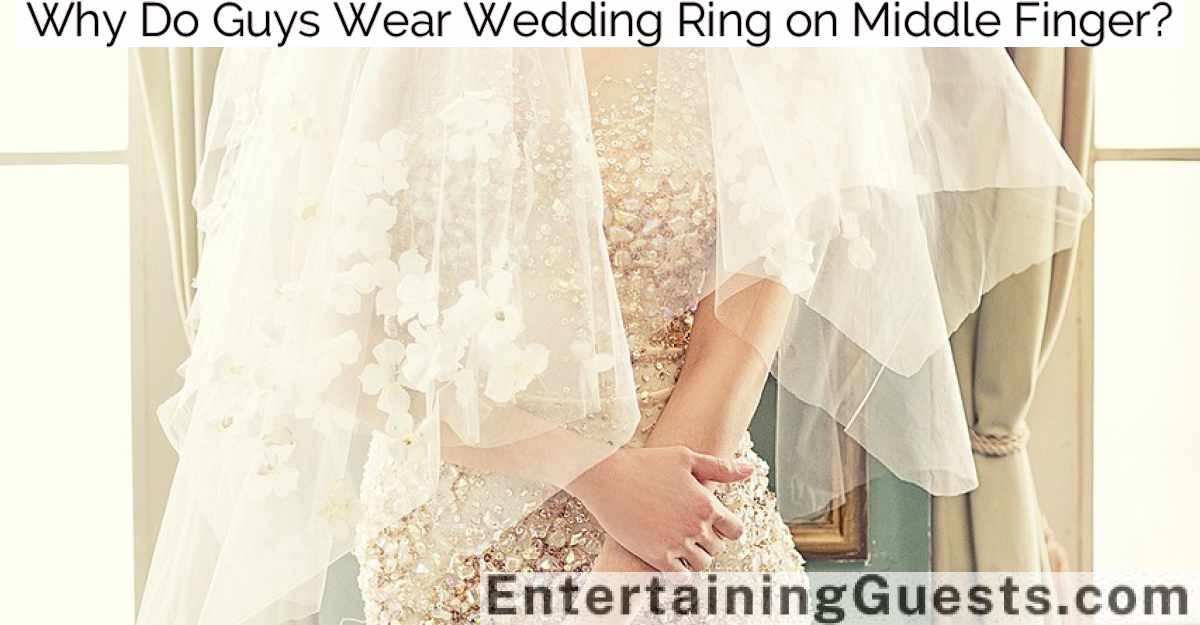Yes, a man should wear a wedding ring as it serves as a symbol of commitment and enduring love. Rings have traditionally signified eternity, and wearing one today promotes equality and mutual respect within a marriage.
It acts as a visible testament to one’s marital status and a daily reminder of the vows exchanged. Despite challenges such as job-related safety concerns or physical discomfort, many find the significance of wearing a wedding ring outweighs these issues.
Societal expectations and cultural backgrounds also play a role in this decision, but ultimately, embracing the tradition can deepen a couple’s appreciation for their relationship and the bonds they share.
Historical Significance of Wedding Rings
Throughout history, wedding rings have symbolized the enduring commitment between partners. Originating from ancient Egypt, where the circle was seen as a powerful symbol of eternity, rings have carried through countless generations as a testament to lifelong love and fidelity.
They’ve woven their way through various cultures, each attributing its unique significance and tradition to the practice. In ancient Rome, wedding bands signified the husband’s ownership of his wife, a notion that has evolved considerably in modern interpretations where the focus is on mutual respect and equality.
As societies developed, the importance of these rings deepened, becoming integral to the marriage ceremony itself. In many cultures, the act of exchanging rings is a pivotal moment, highlighting the couple’s promise to support and cherish each other in the journey ahead.
This tradition underscores the shared responsibilities and interconnected lives of the partners, transcending mere physical adornment to embody the spiritual and emotional bonds of marriage.
The choice to wear a wedding ring therefore isn’t just a personal preference but a powerful, outward expression of a deeper, inner commitment. It’s a daily reminder to the couple of their vows, serving both as a personal token and a public declaration of their union.
Symbolism and Personal Identity
While wedding rings historically symbolize a lifelong commitment, they also serve as a profound reflection of personal identity and the shared values within a marriage. For many men, wearing a wedding ring is more than adhering to tradition; it’s a personal choice that reflects their dedication not just to their partner but to the values they uphold together.
It’s a badge of honor, worn proudly, signaling a commitment that deeply resonates with their self-identity and personal ethics.
The choice to wear a wedding ring can also reveal how a man perceives his role within the relationship. For some, it’s a public declaration of their love and loyalty, offering their partner emotional security and pride. For others, it symbolizes equality and partnership, standing as an indication of the balanced power dynamic they aim to maintain within their marriage.
Furthermore, the ring itself can become a part of one’s self-expression. Choosing a ring that aligns with personal taste—from minimalist designs to more elaborate ones—allows men to not only commit to their partner but also to incorporate their personality into this age-old symbol.
This way, a wedding ring doesn’t just symbolize the union but also celebrates the unique individual within that partnership.
Practical Considerations and Challenges
In addition to the symbolic significance, practical considerations and challenges also come into play when deciding whether a man should wear a wedding ring. For many, their profession or daily activities can make wearing a ring unsafe or impractical. Those working with heavy machinery, in electrical fields, or in medical environments often face restrictions due to safety concerns. Rings can catch on equipment or harbor bacteria, posing risks not just to the wearer but also to others.
Moreover, some men find the physical presence of a ring uncomfortable or distracting. They aren’t used to the sensation of jewelry, and it can take time to adapt to the feeling of something constantly encircling their finger. For others, there’s a fear of losing or damaging a precious item that holds immense personal value, which can lead to anxiety rather than pride or joy.
However, these challenges don’t necessarily mean a ring isn’t right for every man. It’s about finding a solution that respects both the symbol of commitment and the individual’s lifestyle.
Options like silicone rings or choosing to wear the ring on a necklace may serve as practical alternatives that honor both their relationship and their daily realities.
Cultural and Social Expectations
Cultural norms and societal pressures play significant roles in whether a man chooses to wear a wedding ring. In many cultures, sporting a wedding band signifies not just marital status but also a man’s commitment to his family. It’s often seen as a symbol of the love and dedication that anchors a marital relationship. Friends and family might expect a ring as a visible token of the union, adding a layer of social expectation to personal choices.
However, it’s important to appreciate that these expectations vary widely across different societies and communities. In some cultures, men traditionally don’t wear wedding rings, and their marital fidelity isn’t questioned for this absence. In these environments, the decision to wear a ring is often left to personal preference rather than societal dictate.
Ultimately, the choice to wear a wedding ring should be a personal one, influenced by a man’s cultural background, personal beliefs, and the dynamics of his relationship.
It’s essential that partners discuss their expectations and beliefs around wedding rings to guarantee that both feel comfortable and respected in their decision, fostering a supportive atmosphere within the relationship.
Impact on Professional Life
Wearing a wedding ring can subtly influence a man’s professional interactions and workplace dynamics. In many industries, displaying a wedding band may convey stability and reliability, traits that can enhance a man’s professional image. Colleagues and clients often perceive a ringed individual as committed and responsible, potentially fostering trust and respect in professional settings.
However, it’s important to recognize that this can vary widely depending on the cultural context and industry norms. In some creative or highly individualistic fields, wearing a ring might be seen as less relevant to one’s professional abilities or commitment.
Furthermore, for some, a visible marital status can lead to unjust assumptions about availability or career priorities, particularly if the workplace harbors biases regarding family responsibilities.
Balancing these aspects involves understanding the specific environment one is part of. Open discussions with colleagues and observing workplace culture can provide insights into how a wedding ring is perceived.
Ultimately, whether or not to wear a wedding ring at work is a personal decision that should align with one’s comfort and the values they wish to communicate in their professional life. Embracing this choice can support one’s professional journey while honoring their relationship.
Conclusion
Ultimately, whether a man should wear a wedding ring is a personal choice that intertwines with cultural norms, practical concerns, and individual values. It symbolizes commitment and identity but may pose challenges in certain professions. As societal expectations evolve, it’s key to communicate openly with one’s partner about what wearing a ring means to both parties. Finding a balance that honors personal comfort and shared values can strengthen the bond in any relationship.







